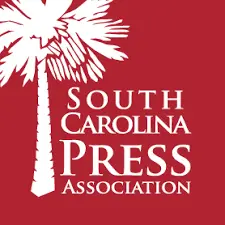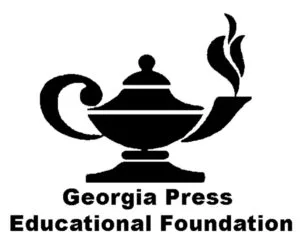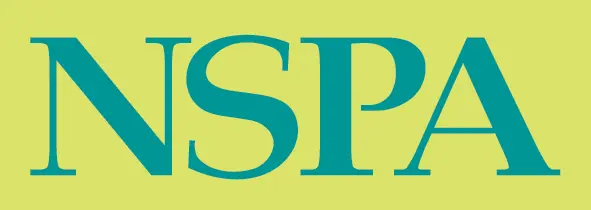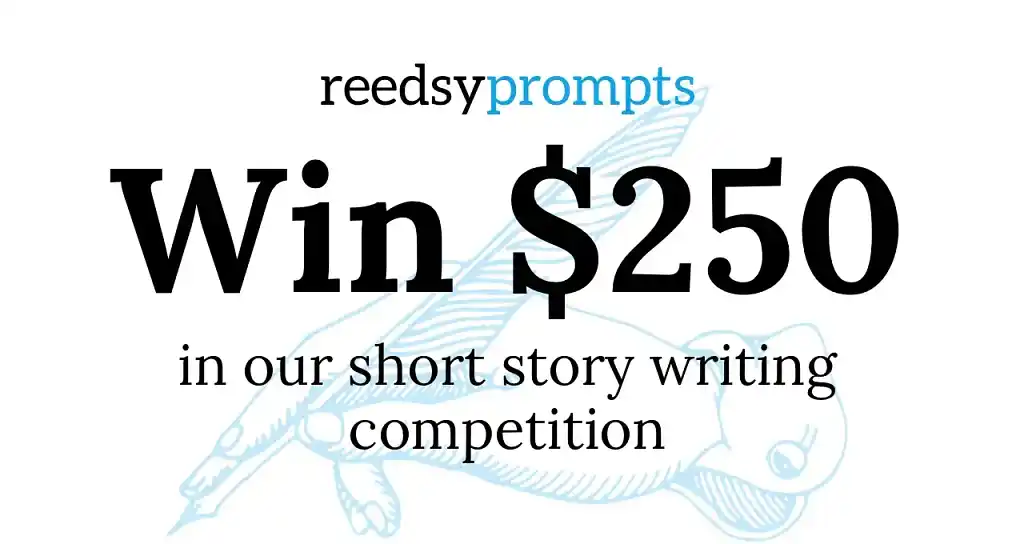What are writing scholarships?
Writing scholarships are financial awards given to students based primarily on written work, though other factors are usually taken into consideration as well. Most writing scholarships involve a prompt or series of prompts to which applicants must respond. Some writing scholarships — especially those that award large amounts of money — require applicants to submit past writing samples, or even a full portfolio.
The good news is that, with so many writing scholarships to choose from, you don’t have to apply for any that are “out of your league.” Indeed, though most students have heard of writing scholarships, you may not realize just how many different varieties there are! Here are five of the most common types of writing scholarships, all of which you can find in this directory.
1. Personal essay scholarships
Personal essay scholarships involve writing on a topic related to your own experience. You’ll often see personal essay prompts like, “How have your experiences influenced your choice of major?” and “What are your career aspirations and how do you plan to achieve them?” Other prompts may ask you to write about a role model, a life-changing event, an aspect of your identity, etc. Suggested length is usually about 500-1,000 words, but varies depending on the level of detail requested and how many essay questions are provided.
Just about every scholarship these days has a personal essay component of some kind. This is because personal essay responses both demonstrate writing skills and give the judges a clear sense of each applicant’s goals. No one wants to throw away money on an aimless student — so if you’re applying for a personal essay scholarship, make sure to convey both your writing abilities and your ambitions in your work!
2. Critical essay scholarships
Critical essay scholarships are more in line with what students might consider “academic” essays. The prompts typically ask applicants to analyze works of literature. However, unlike open-ended English class essays, most critical essay scholarships provide a very specific prompt (e.g. “Examine The Great Gatsby in the context of its World War II-era revival”).
Critical essay scholarships can also involve non-literary subject matter. Some may ask applicants to evaluate a historical event or figure; others may ask them to defend their stance on a political or legal issue. Though the line between critical and personal essays can sometimes blur, for the purposes of this directory, we define critical essays as those that use evidence from an external source to prove a point.
3. Short fiction scholarships
Short fiction scholarships include scholarships for short stories, one-act plays, poetry, and any other form of fiction that isn’t a novel or full-length script. Short fiction scholarships tend to be easier to find than long-form fiction scholarships, since most judging panels don’t have time to read more than a few thousand words per entry. Therefore, if you write fiction and you’re hoping to nab yourself a scholarship, this category is the way to go! (That said, if you’re a hardline novelist, some places will accept a sample chapter or two as short fiction entries.)
4. Journalism scholarships
Journalism scholarships are for students interested in pursuing a career in news, magazine, and/or online journalism. These scholarship applications almost always ask for writing samples to show the candidate’s interest. Depending on the organization, they may prefer topical news reports, informative articles, thinkpieces, or a mix. Some journalism scholarships provide a prompt and ask applicants to write a new article, but the focus is usually on samples. Speaking of which…
5. Portfolio scholarships
Portfolio scholarships are the most rigorous kind of writing scholarship, requiring a substantial body of work from each applicant — usually 5-10 pieces of writing, if not more. The upside is that awards for portfolio scholarships tend to be pretty sizable, and may even cover your entire tuition!
If you decide to apply to a portfolio scholarship, make sure you have several strong pieces of work in your oeuvre, and consider writing a few new pieces as well. What you shouldn’t do is rush through a dozen new pieces to throw together as a portfolio. If you don’t have samples at the ready from previous assignments or projects, you’ll be better off applying to a less intensive writing scholarship.
Why apply to writing scholarships?
Applying to writing scholarships is a huge undertaking, especially if you’re pursuing multiple scholarships at once. It can sometimes feel like the effort isn’t worth it, or that you have little chance of actually winning any awards. But in truth, submitting to writing scholarships is one of the best investments you can make in your education, your creative writing skills, and your professional life.
Scholarships for larger amounts do attract more applicants, but that doesn’t mean they’re impossible to land — only that you have to work a little harder to stand out. And you can definitely sway the odds in your favor by applying to lots of small scholarships ($500 or less) for which you’ll have fewer competitors. Remember that every little bit helps! For example, if you plan on taking out student loans, even a $500 scholarship could save you much more in interest down the line.
Another compelling reason to apply to writing scholarships is that oftentimes, you’ve already done the work, or the work required is minimal. For scholarships that require writing samples, you’ll simply submit what you’ve already written in the past — and even for scholarships with specific prompts, you rarely have to write more than a couple of pages. If you were seriously committed, you could apply to a scholarship every day, spending a single concentrated evening on each application.
Jumping off that thought, as English majors love to say: the more writing scholarships you apply for, the better a writer you’ll become. Writing tons of scholarship essays will make you a much more creative and efficient writer. Not only will this help with your personal writing projects, but it will also be invaluable to your education and even your career! Writing is a crucial skill for every major — you’ll always have to write papers and emails to professors, after all — and even if you don’t plan to pursue a writing-based job, you'll still need writing skills to polish your résumé.
Finally, remember that there’s a writing scholarship out there for everyone, no matter what your interests or intended field. This directory includes plenty of creative writing scholarships, yes; but there are also personal essay scholarships for future doctors, lawyers, salespeople, and so much more. You have nothing to lose by giving it a shot, so why not start searching for your dream writing scholarship today? (And if you’re unsure about your writing skills, you might benefit from some of the resources below.)
Resources to strengthen your writing skills
- 20 Writing Tips to Help You Become A Better Writer Today. Click here to view
- How to Stop Procrastinating and Build A Solid Writing Routine. Click here to enroll
- What is Creative Nonfiction? Memoirs, Literary Journalism, and More! Check it out
- How to Write a Memoir: Tell Your Amazing Story in 9 Steps. Read more
- How to Write a Fantastic Short Story In 7 Steps. Find out more
- How to Self-Edit Your Manuscript Like a Pro. Enroll here
- 700+ Creative Writing Prompts to Inspire You. Click here to view
- 100+ Creative Writing Exercises for Authors. Learn more


















